COP25 highlights
COP25 saw two weeks packed with finance stories - here’s a quick overview of the key ones from The Chronicle:
France’s financial regulator ACPR said it will stress-test banks and insurers on climate risks [Reuters];
Mark Carney has been appointed as UN envoy on climate, as Michael Bloomberg stepped down to focus on the US presidential campaign [Guardian];
Spanish oil giant Repsol announced its intention to reach net zero emissions by 2050 and absorb a €4.8 billion hit to the value of its oil and gas assets in the process. Repsol’s approach was hailed as the most ambitious commitment of the industry, as it covers 95% of the products it sells, including Scope 3 emissions [Reuters]. Carbon Tracker also has a good in-depth technical analysis;
A new report identified the top global financiers of new coal development, which included Citigroup, BNP Paribas and key Japanese banks. Over the past three years, financial institutions have channeled $745 billion to companies planning new coal power plants [DeSmog];
A record 613 investors with $37tn in assets sent the largest ever joint call for climate action, addressed to world leaders gathered at COP [FT]
Taskforce champion, Professor Lord Nicholas Stern, said:
“The Spanish government deserves great credit for hosting the summit with the government of Chile at such short notice and so effectively. It is encouraging that governments reached agreement on most of the remaining parts of the so-called rulebook about the implementation of the Paris Agreement. But it is disappointing that no consensus was reached about Article 6 of the Paris Agreement on the trade of emissions permits and credits, which means this issue will still need to be resolved over the next 12 months. Although the COP process often seems frustratingly slow, it is important to remember that it proceeds through consensus among all 197 Parties to the 1992 United Nations Framework Convention on Climate Change.”
“The governments of Italy and the U.K. now face a major challenge over the next 12 months in working to persuade all countries to bring forward more ambitious commitments to cut emissions of greenhouse gases, consistent with the Paris Agreement’s goal of holding global warming to well below 2 Celsius degrees. This work could be reinforced by the growing recognition of the great attractions of a transition to sustainable economic development and growth, with rising living standards, better health, greater social inclusion, a less polluted environment, and stronger ecosystems. The announcement of the European Green Deal is an important step in this new direction.
“Although the United States is in the process of withdrawing from the Paris Agreement, all other countries have shown their determination to implement it. The rise in global mean surface temperature will only be halted when total emissions of greenhouse gases from human activities are cut to effectively zero.
“A highlight in Madrid has been the first gathering of the Coalition of Finance Ministers for Climate Action at a United Nations climate change summit. The leadership of finance ministers will be critical to the economic transformation that we need. The leadership of International Monetary Fund under its new Managing Director, Kristalina Georgieva, will add valuable support and momentum.
“I hope political leaders will now listen to the many voices, particularly of young people of the world, who are calling for urgent action on climate change to make the world safer, healthier, fairer and more prosperous. The commitment of young people to tackle climate change is our hope for the future and we have a duty to respond to their call for strong and urgent action.”

